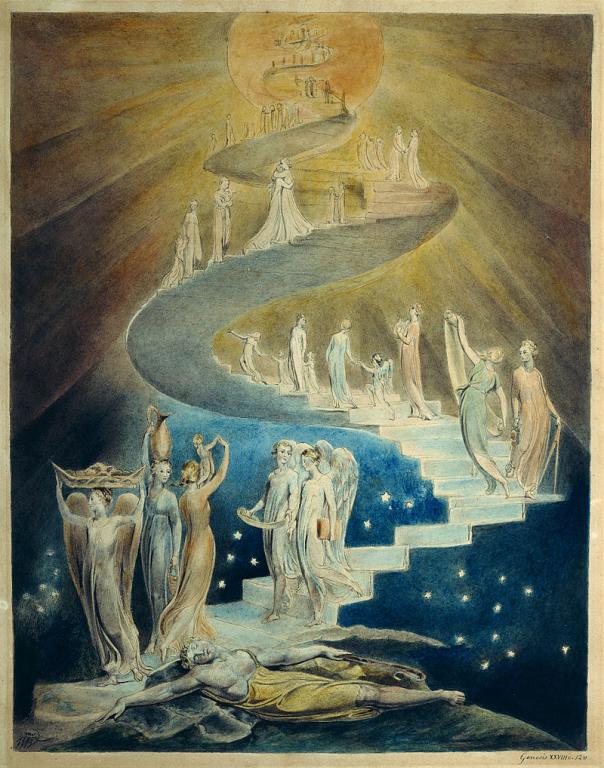
I published this column in Provo’s Daily Herald all the way back in 2007:
For as long as I can remember, people who disagree with my fairly libertarian economic views have told me how much more they care about the poor than I do. Non-religious people have assured me that, while I’m focused on some sort of illusory “pie in the sky when I die” and on “saving” others from mythical sufferings in a fairy-tale afterlife, they are devoted to making life in this world, on this planet, tangibly better for everybody.
In my particular case, the critics may be right. They may be far better people than I am in every regard, including charity, kindness, and concern for their fellow humans. With the publication of Arthur C. Brooks’s Who Really Cares: The Surprising Truth about Compassionate Conservatism (New York: Basic Books, 2006), however, it’s going to be much, much harder for left-leaning secularists to preen themselves, as a class, on their superior compassion without supplying actual evidence to demonstrate it.
Brooks, a professor of public administration in the Maxwell School of Citizenship and Public Affairs at Syracuse University in New York, has been studying patterns in charitable giving and service for many years and is widely recognized as perhaps the preeminent authority on the subject. Still, he reports that even he has been surprised by what he has found.
Religious people, it turns out, give more to charity than do non-religious people. They donate more money—and not merely to their churches, synagogues, temples, and mosques. “Religious people are more charitable in every measurable nonreligious way—including secular donations, informal giving, and even acts of kindness and honesty—than secularists.” They are more likely to give money to family and friends, and, when they give, to do so in larger amounts. They are more likely to volunteer, and to give blood. Even in the case of nonchurchgoers, those who were raised in religious households are more likely to donate to charity than those who were not.
Unsurprisingly, private charity in ever-more-secular Europe has plummeted—to the point, in some areas, almost of extinction. Brooks, who also argues that charitable giving is essential to a strong economy, points to polling data suggesting that Europeans are, according to their own reports, less happy with their lives than Americans are, and suggests that their unhappiness may be connected with their low rates of charity and volunteerism. Humans feel better when they give.
As befits a premiere social scientist, Brooks concentrates heavily on multiple streams of contemporary statistical data to form his judgments. However, the historical record also seems to support the general conclusions of his very important book. Rodney Stark, in his insightful study of The Rise of Christianity (Princeton, 1996), has shown that the superior charity of the ancient Christians was among the factors in the rapid growth of the early Christian movement. And, as an examination of the surviving sources demonstrates, even the pagans recognized that. “The impious Galileans support not only their poor, but ours as well,” complained the fourth-century Roman Emperor Julian (known to subsequent history as “the Apostate” for his efforts to turn back the religious tide even after his uncle Constantine had declared Christianity the official religion of the empire). “Everyone can see that our people lack aid from us.”
“Religion is the opiate of the people,” Karl Marx famously said. Elsewhere, he remarked that, while “philosophers have said that the purpose of philosophy is to understand the world, the purpose is to change it.” Religion, in his view, was a distraction from the real business of making this world a better place. Unfortunately for Marx’s thesis, though (and, even more so, for those who had to live through the twentieth century), the millennium that just closed was heavily influenced at its end by Marxism and by a related ideology that went under the names of fascism and “National Socialism” or Nazism. We now have quite graphic evidence of exactly how such theories tend to “change the world.” Many tens of millions of people died—and many national economies were destroyed.
Religion doesn’t look too bad by contrast. But even when contrasted with the soft secularism—what one wit has called “apatheism”—that has come to dominate Europe, and perhaps Canada, and certain portions of the American elite, and even though religious people can undoubtedly do much more and much better than they are doing now, believers fare pretty well.












